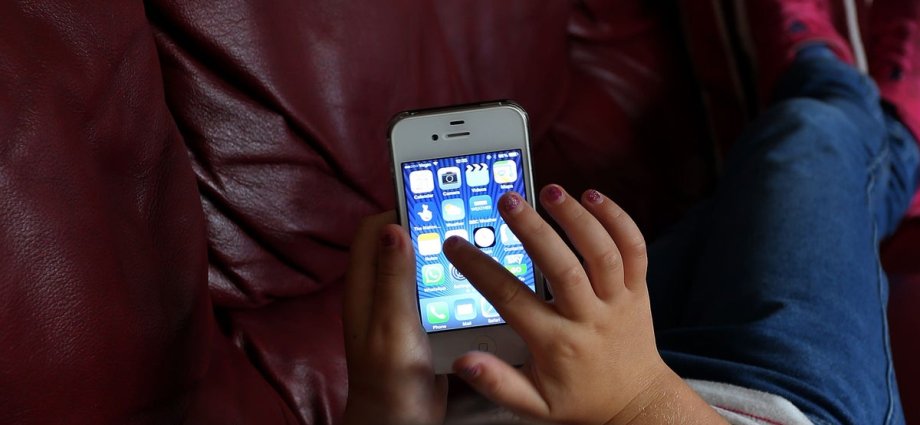Banning smartphone and social media access alone fails to equip children for the healthy use of technology in the future, a group of international experts has argued.
Writing in the British Medical Journal (BMJ), the collection of academics argued there is a lack of evidence that blanket bans helped children and such approaches were “stop-gap solutions” that “do little to support children’s longer-term healthy engagement with digital spaces across school, home, and other contexts, and their successful transition into adolescence and adulthood in a technology-filled world”.
Instead, the experts call for a rights-based approach to technology use, where children are better protected from harm by age-appropriate design and education while using technology to develop skills to help them participate in the modern, digital world.
Victoria Goodyear, from the Institute for Mental Health at the University of Birmingham, and colleagues from Harvard, the University of Cambridge, the Swedish School of Sport and Health Sciences, and the University of Sao Paulo said governments and regulators should instead focus on improving legislation designed to ensure children can use phones and social media safely.
The intervention comes as debate continues over whether mobile phones should be banned in schools in England.
On Wednesday, the chief inspector of Ofsted said smartphones should be banned in schools in England, which followed an exchange between Prime Minister Sir Keir Starmer and Conservative leader Kemi Badenoch on the issue during Prime Minister’s Questions.
Mrs Badenoch questioned why the Government opposed a Tory amendment to the Children’s Wellbeing and Schools Bill to require schools to ban the use of phones.
In response, the Prime Minister described the proposal as “completely unnecessary” as he claimed “almost every school” already bans phones, and instead said the focus should be on the content children were consuming.
Schools in England were given non-statutory guidance under the former Conservative government in February last year intended to stop the use of mobile phones during the school day.
In their article, the experts said a recent evaluation of school smartphone policies in England reported that restricted access to phones in school “was not associated with benefits to adolescent mental health and wellbeing, physical activity and sleep, educational attainment or classroom behaviour”.
They added: “In addition, this study found no evidence of school restrictions being associated with lower levels of overall phone or media use or problematic social media use.
“Technology-free moments and spaces are nevertheless important for children because increased time spent on phones and social media is generally linked with worse physical, mental, and educational outcomes.
“However, approaches that focus on simply restricting access to devices can undermine children’s rights to technology design and education that will help them thrive as adults in today’s world.”
Rather than approaching the issue in the same way as banning people from smoking, the experts said a more “constructive” approach would be to look at how society has responded to safety concerns around cars.
“In response to increasing injuries and deaths from car crashes, rather than banning cars, society built an ecosystem of product safety regulations for companies (seatbelts, airbags) and consumers (vehicle safety tests, penalties), public infrastructure (traffic lights), and education (licences) to support safer use,” they said.










